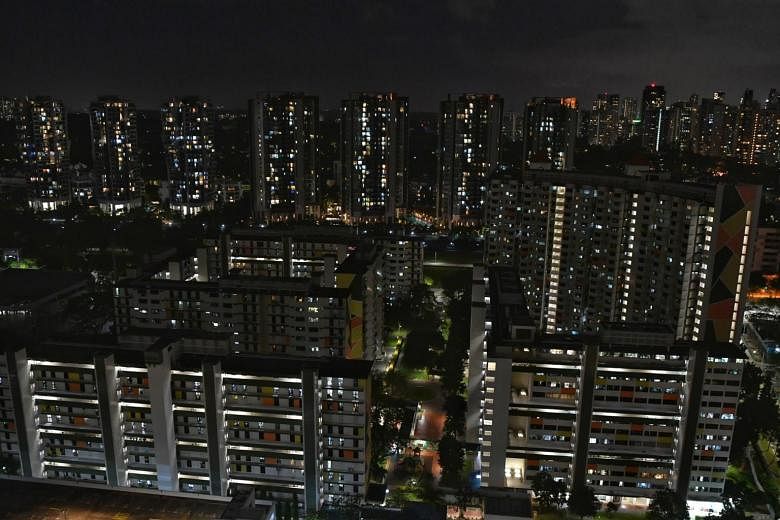SINGAPORE - Singapore's energy industry regulator will be allowed to acquire, build, own and operate critical power infrastructure under proposed changes to the law to safeguard the Republic's energy security and reliability.
Other proposed changes will make it an offence to damage any infrastructure housing cables or pipelines, and to empower the Energy Market Authority (EMA) to impose green standards on power generation firms here.
During the debate on the Energy (Resilience Measures and Miscellaneous Amendments) Bill on Tuesday (Nov 2), Second Minister for Trade and Industry Tan See Leng said Singapore today relies on the private sector for energy security as this ensures market discipline and cost effectiveness.
However, as the nation looks to decarbonise its energy sector, uncertainties in the transition to new energy solutions such as hydrogen and carbon capture, utilisation and storage means it is unclear when they may become cost-viable. It is also unclear how natural gas may feature in the future global energy mix, said Dr Tan.
"These uncertainties may inhibit private investments. For example, generation companies may not be willing to invest in new generation capacity to replace retiring generation units," he added.
"They may also not be willing to invest in new technologies that incorporate cleaner fuel."
Therefore, to safeguard Singapore's energy reliability and security during the energy transition, amendments to the Electricity Act will allow EMA to step in and provide the critical infrastructure and services needed to ensure the proper functioning of the energy sector, such as generating units, energy storage solutions and transmission infrastructure needed for cross-border electricity trading.
EMA may directly operate the infrastructure or set up a subsidiary to do so, and will be subject to regulatory requirements that other licensees are subjected to, said Dr Tan.
Dr Tan said that it is still the Government's preference for the private sector to build, own and operate electricity infrastructure - and the EMA would have first explored alternative solutions to provide the critical infrastructure needed.
Safeguards will also be put in place to ensure that EMA does not compete unfairly against private generation companies, he added.
To enhance protection of critical electricity and gas infrastructure, it will also be an offence to damage infrastructure for transmission electricity cables, gas transmission pipeline, or submarine gas pipeline, as these are an important part of Singapore's energy transmission network.
The Bill also expands EMA's regulatory functions under the Electricity Act so that it can implement policies and strategies to reduce greenhouse gas emissions in the import, export, generation , transmission and supply of electricity.
This comes as Singapore still depends heavily on natural gas - a type of fossil fuel - to provide more than 95 per cent of its current electricity demand.
Natural gas continues to be needed even as Singapore turns to low-carbon sources of energy such as solar energy, and regional power grids for low-carbon energy.
Singapore's reliance on natural gas and recent spikes in wholesale electricity price caused by the current energy crunch were a focus of discussions in the House on Monday.
Since 2018, EMA has rolled out incentive schemes such as the Energy Efficiency Grant for Power Generation Companies to encourage power generation companies to improve energy efficiency.
To date, more than half of the larger power generation firms have tapped the grant to make improvements to their generation units, noted Dr Tan.
"However, as low-carbon technology matures and becomes more cost-competitive, it is timely and necessary for the sector to move beyond incentives and grants, and to empower EMA to regulate on this front.
"EMA will work with the industry to develop reasonable standards and provide a transition period for existing generation units as needed."


